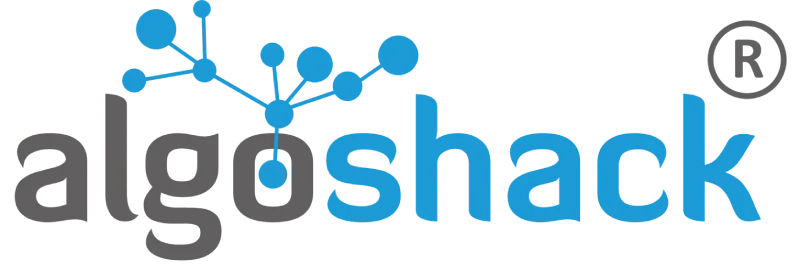Introduction:
To provide a great user experience, today’s digital businesses require high-quality software in a shorter period. As a result, before the software’s released to the market, it must undergo rigorous testing; this takes a good amount of time. However, in order for businesses to reach the market faster, software testing cycles must be shortened, and ‘Test Automation’ is the best way. The language of the test script might be the first thing that comes to mind when thinking about test automation.
Currently, there are various business options, but most choose Python, C#, Ruby, Java, JavaScript, and TypeScript for writing their scripts. Each language has its own set of advantages. In this blog, we will discuss Python Test Automation.
Python for test automation:
Although other programming languages can be used for writing test scripts, Python has been one of the most popular picks by testers, and many software businesses chose Python for their test scripts because of its numerous advantages. Python is a simple programming language that is easy to use and less verbose, it is easy to learn and has more similarities to the English language, and the language’s clean object-oriented design gives increased process control.
Moreover, Python is an open-source programming language with an approachable syntax that is simple to read and understand in comparison to other programming languages. It also includes a large framework library and default framework for test automation. Python provides parallel testing across browsers and operating systems. It also provides tools that can be readily integrated with CI/CD solutions. It also has great text processing and integration capabilities and its own unit testing framework, making it more efficient.
Why Test Automation?
Manual testing is unquestionably more time-consuming, and the manual testing procedure can be more complicated and, at times, more expensive. It also needs a substantial number of human resources. Because manual testing is monotonous and boring, testers may lose concentration and can make errors. Manual approaches are not ideal for certain types of testing, such as performance and load testing, etc. Humans, for example, cannot imitate many users for a performance test in the same way a machine can. Automation can also manage large amounts of test data more efficiently.
This is where automation becomes necessary. Software test automation is the most efficient and effective technique to improve the effectiveness and efficiency of your software testing. It saves both time and money. It also allows testers to identify bugs immediately and helps developers to fix bugs in a short period of time. And allows humans to work on other tasks.
Nowadays, many frameworks support Python for test automation. Some of them are complicated to use, and some need manual interactions more frequently. Whereas in algoQA, the only manual interaction is to profile the application. algoQA is an End-To-End test automation platform that provides а unified approach to frontend test automation.
Why algoQA for test automation:
To meet the ever-increasing need for higher software quality, thorough end-to-end testing of software products has become standard practice. Manually testing each piece of software is time-consuming, and many software teams consider automating their testing process to avoid this. algoQA is an end-to-end test automation platform it can produce scripts in the technologies of your choice and they can be run anywhere. algoQA can work with test management tools and test execution cloud seamlessly. It fits effortlessly into a federated environment and accelerates automation without requiring anything to be replaced.
algoQA generates test scripts and English-written test cases that match global documentation standards. algoQA covers all types of applications. It covers some Web Applications, Desktop Applications, Mobile Apps – Android & iOS (Native apps and mobile web apps) and the tricky Hybrid Applications and Robotic Process Automation. It even covers the most complex Embedded Software. Test Automation is simpler with algoQA! algoQA is OS Independent, you can leverage it in any operating system, such as Windows, Linux, and Mac.
algoQA supports Python and other languages such as C#, Java, Javascript, and Typescript. algoQA supports several frameworks in conjunction with Python such as Selenium, Appium, Squish, and Sikuli. The algoAF (Automation Framework) module can generate executable Python-Squish and Python SikuliX test scripts, and algoQA can generate scripts in the technologies of your choice that can be run anywhere.
algoQA uses Artificial Intelligence to optimise and automate testing, resulting in 100% test coverage and accuracy. By leveraging algoQA you can save 80% test automation cycle time and Up to 80% test automation and test maintenance cost can also be saved.
Conclusion:
Python is a simple programming language that is easy to learn and more similar to English. Moreover, python language includes multiple built-in testing frameworks, allowing for faster debugging and rapid building processes. It is an interpreted language that implements code line by line, making debugging simple. As it is a cross-platform language, it can operate on several operating systems, such as Windows, Linux, and Mac. It is also simple to implement in other programming languages such as C, C++, JAVA, etc. These features of Python make Python more popular among businesses, and it is used to create automated test scripts.
algoQA supports Python and other languages such as C#, Java, Javascript and Typescript. algoQA supports several frameworks in conjunction with Python such as Selenium, Appium, Squish, and Sikuli. It can produce scripts in the technologies of your choice, and they can be run anywhere. algoQA can work with test management tools and test execution cloud seamlessly. It fits effortlessly into a federated environment and accelerates automation without requiring anything to be replaced.
Book a Free DEMO now!
Written By – Vadeesh Budramane & Abhinag Reddy


